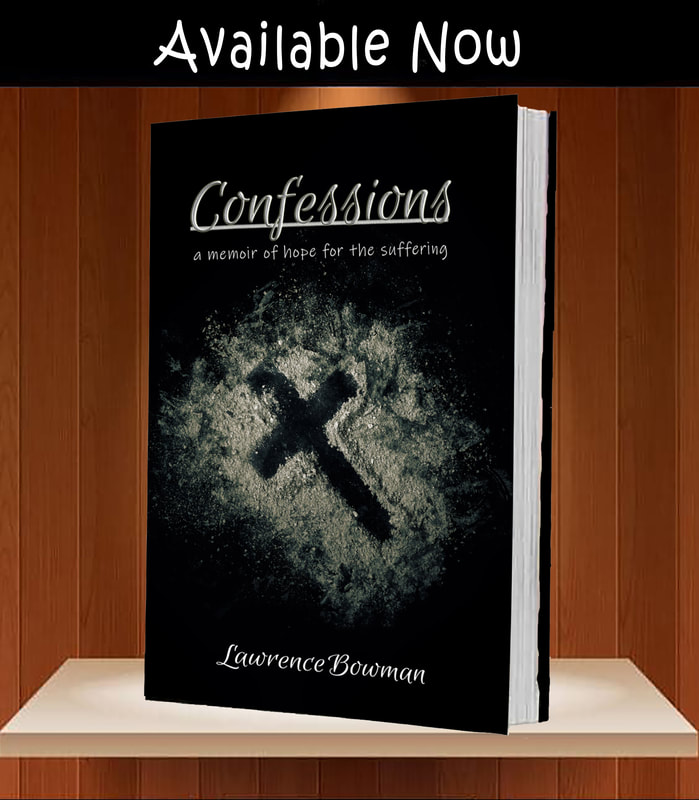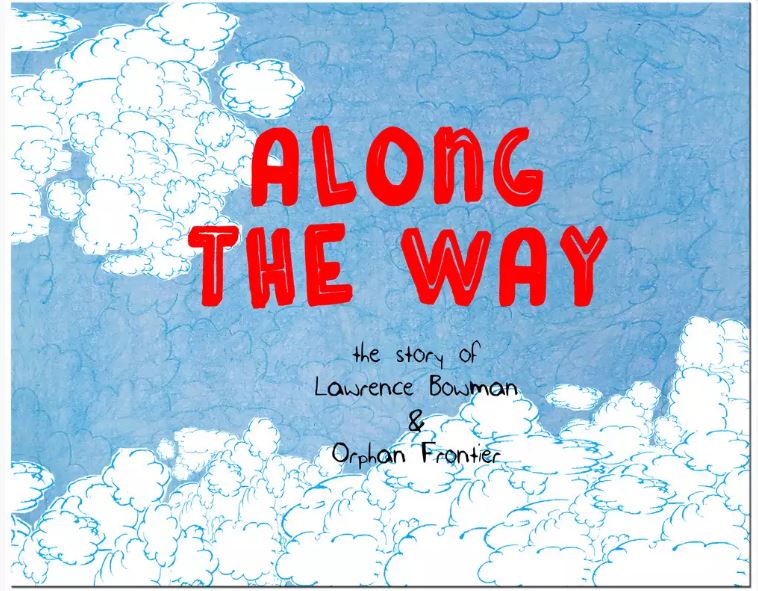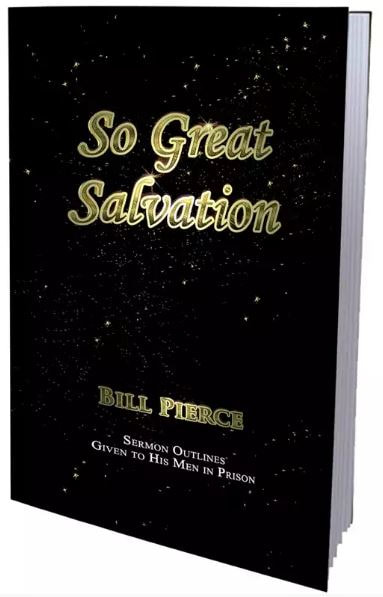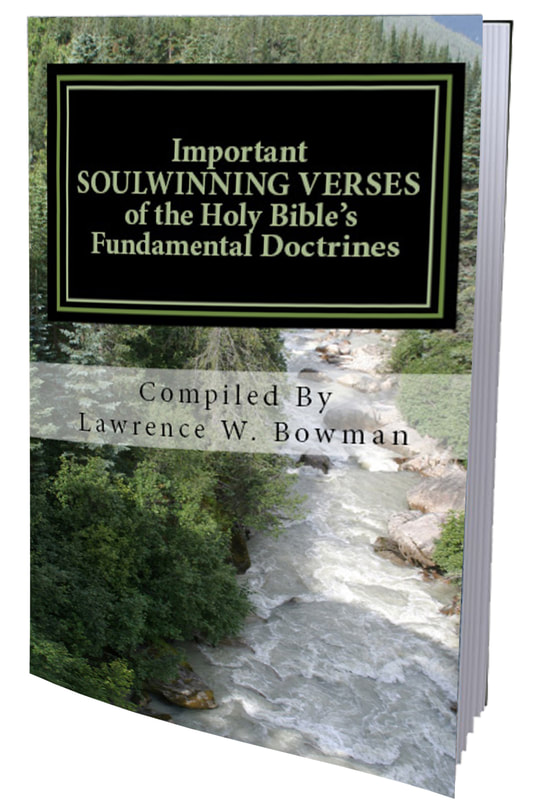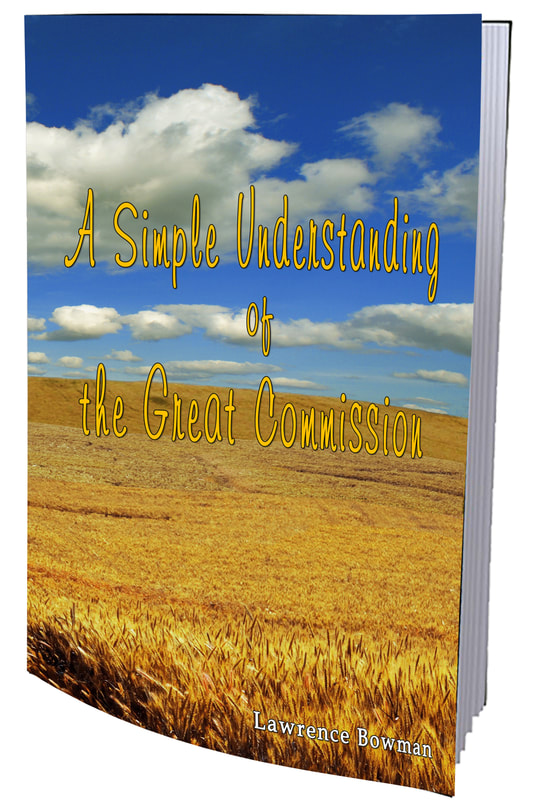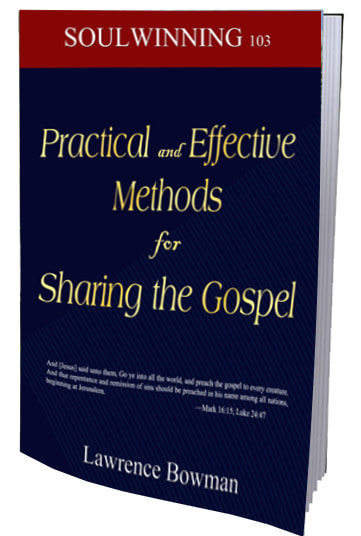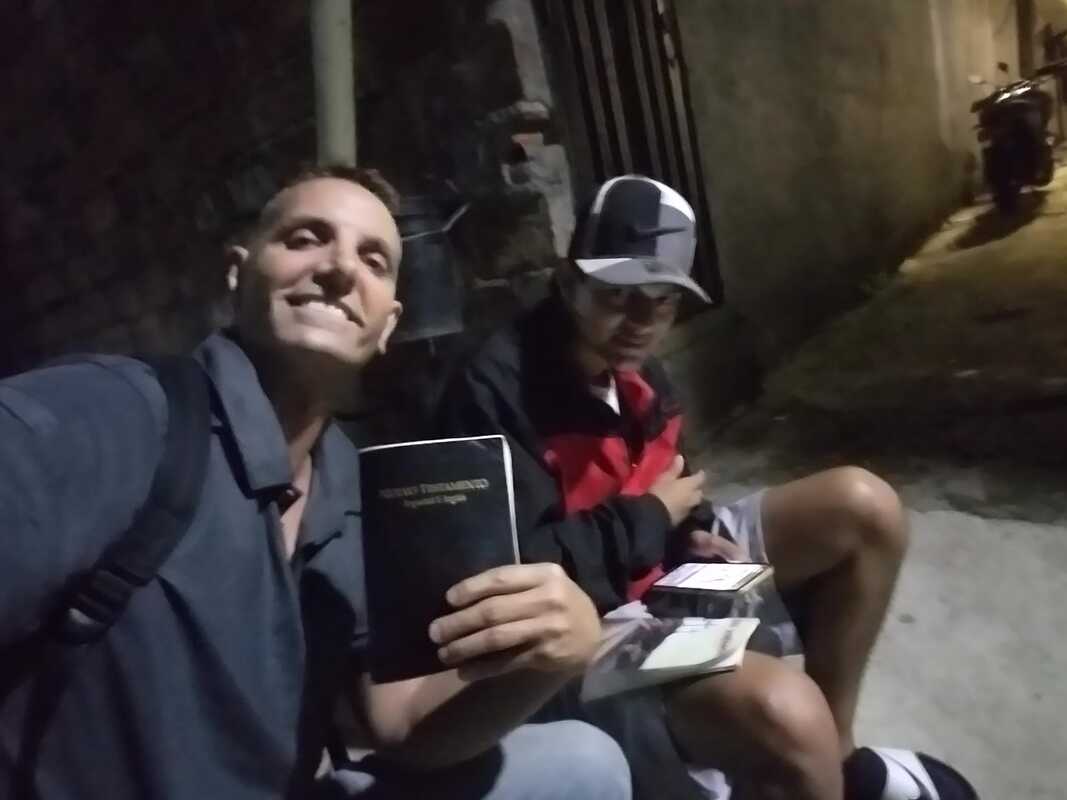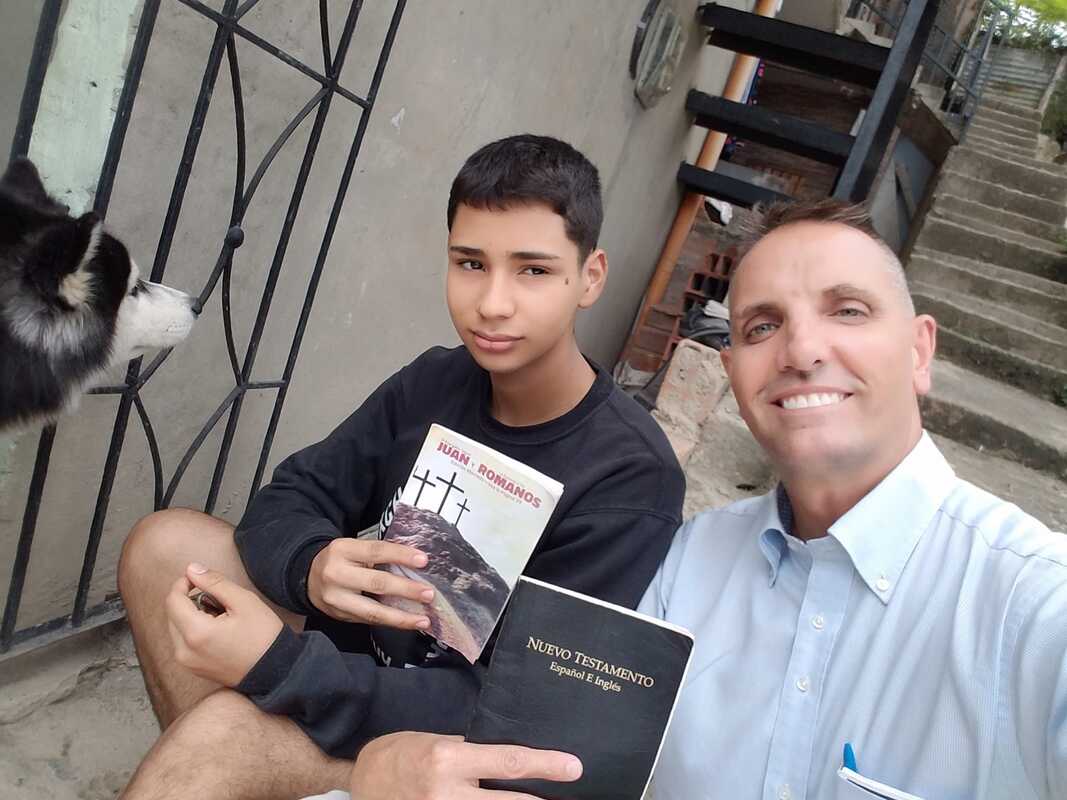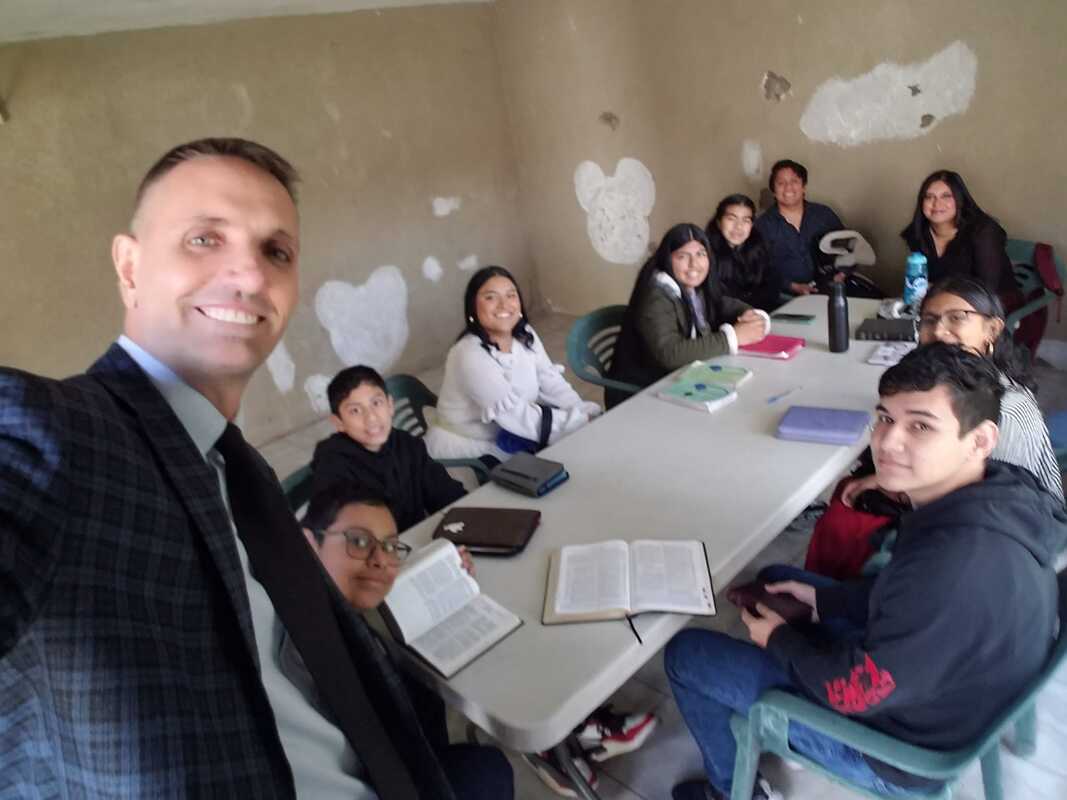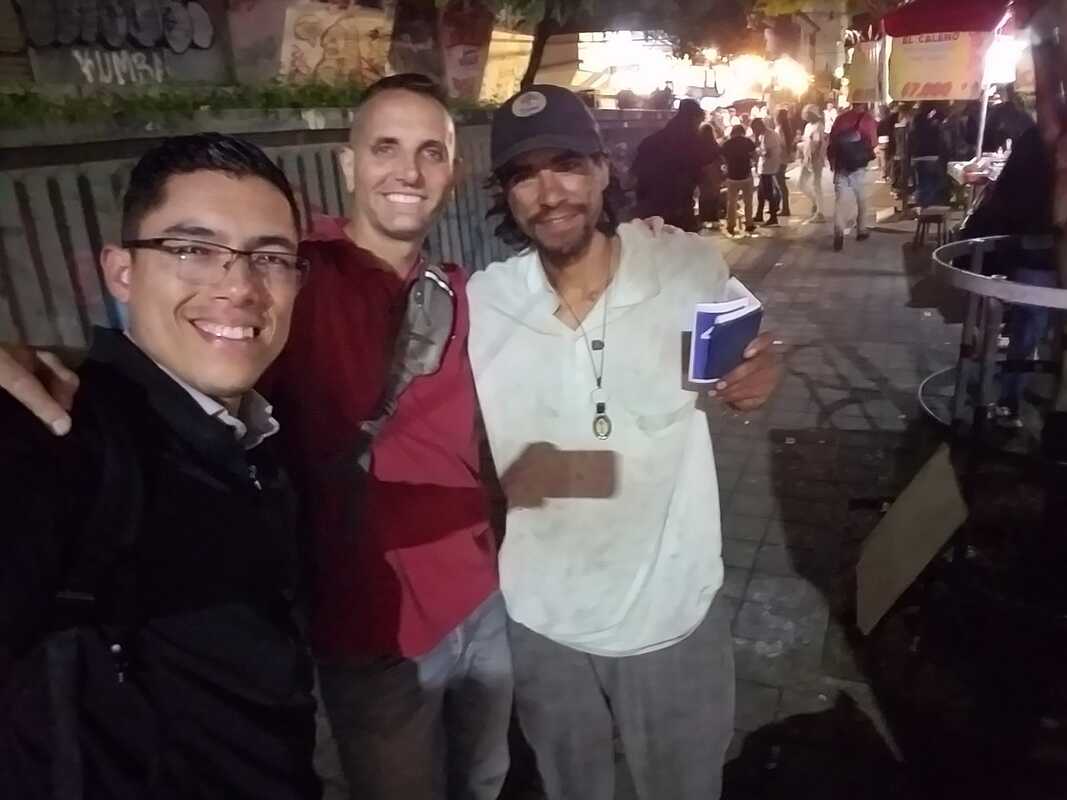Hanukkah's roots delve deep into a time when Israel grappled for survival against the oppressive rule of Antiochus Epiphanes, a man whose cruelty and grandiose delusions earned him the mocking title of "Antiochus Epimanes," or "madman."
In the year 167 BC, Israel was ensnared by the evil rule of Antiochus Epiphanes. His reign was marred by cruelty and delusions of deity. His enemies mockingly referred to him as a "madman." Among the many atrocities he committed against Israel, Antiochus desecrated the Temple in Jerusalem, dedicating it to Greek gods and even sacrificing a pig on the altar.
The apocryphal books 1 and 2 Maccabees describe Israel's plight under Antiochus' mad rule and the subsequent triumphant revolt led by the Maccabees, a courageous Jewish family of priests. After winning their freedom, the Jewish people undertook the rededication of the Temple to God.
Jewish tradition describes that during the Temple's rededication, only a meager supply of pure olive oil was available to light the menorah for a single day. Miraculously, the oil endured for eight days, allowing ample time to purify more oil.
In contemporary celebrations, Jewish people commemorate God's provision by lighting the eight candles on the nine-candle menorah, using the ninth, the shamash, to kindle the others. Each night sees the illumination of a new candle, symbolizing the duration of the miraculous oil burning. The traditions are accompanied by readings of Psalms 113–118 and Numbers 7:1–8:4. Families engage in festive activities, exchange gifts, share meals, and partake in plays and concerts at synagogues and schools.
Turning to culinary traditions, the focus on miraculously burning oil is reflected in the choice of foods fried in oil during Hanukkah. Eastern European latkes, or potato pancakes, are a popular favorite, while in Israel, sufganiyot, jelly-filled doughnuts, take center stage.
For believers, Hanukkah is a profound testament to God's unwavering faithfulness to the Jewish people amid wars and persecutions. It signifies the fulfillment of promises to bring forth a Messiah from the line of David. Had the Jewish people succumbed to Hellenizing pressures, the Messianic prophecies could not have been realized.
Moreover, for followers of Jesus Christ, Hanukkah serves as a reminder of two vital principles. Firstly, it is a sobering reminder of the force of antisemitism (hatred of Jewish people) in the world, urging believers to stand against the hatred of Jewish people and emulate God's love and concern for His chosen ones.
Secondly, Hanukkah offers a reflection on God's enduring faithfulness throughout history. Just as the Jewish people have weathered persecution, the church, too, has faced trials, yet God has sustained and blessed the gospel of Jesus Christ across the globe since His crucifixion and resurrection for sinners. In the flickering light of Hanukkah, believers find solace in the timeless narrative of resilience, hope, and divine faithfulness.


